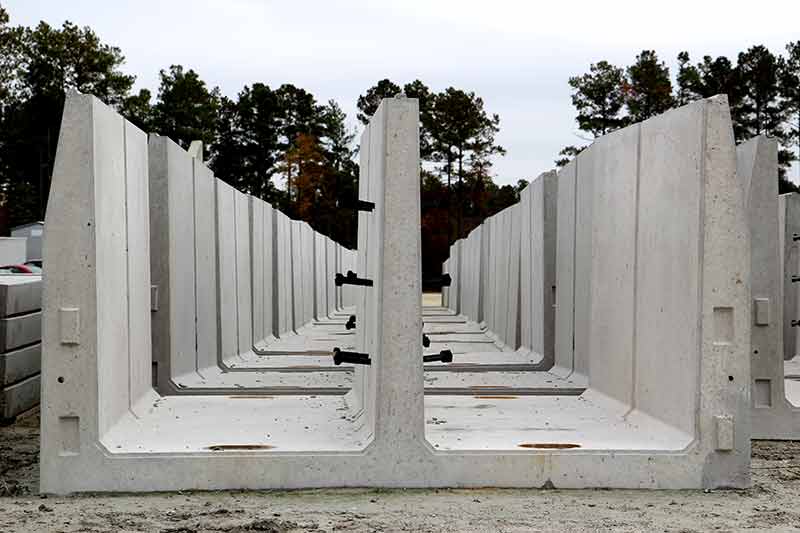PRODUCER RESOURCES
Political Action CenterYou can make a difference by becoming an advocate for the precast concrete industry. By sharing your knowledge and concerns with elected officials as an authority in precast, you can make sure officials have the information they need when considering legislation that directly affects precast as a specified construction material.

Who to Contact
U.S. SENATE
Includes links to the websites of all U.S. senators and a listing of senators by state, committee assignments and other helpful information.
U.S. HOUSE OF REPRESENTATIVES
Includes links to the websites of all members of the U.S. House of Representatives, a service to locate your representative by typing in a ZIP code and links to committee websites.
STATUS OF PENDING LEGISLATION IN U.S.
Provides the latest information on all bills pending before the U.S. House and Senate, by bill number or keyword phrase.
CANADIAN GOVERNMENT
Provides an overview of Canadian government websites and links to departments and agencies of government.
STATUS OF PENDING LEGISLATION IN CANADA
Provides the latest information on legislation pending before the Canadian Parliament. Search by title or bill number. Available in English or French.

How to Become an Advocate
NPCA encourages its members to open a dialogue between themselves and the members of Congress who represent them.
Reach out early. Don’t wait until you need something to open a dialogue. Congratulate a new member of Congress on winning an election, and take that time to introduce yourself. A cordial word early on could pay off down the line.
Be formal. Always refer to members of Congress as Senator X or Rep. X. The same goes with the president. Even if you disagree with some of them. Never refer to someone simply by their last name, even in second reference.
Be prompt. Don’t wait until after a vote to express your opinion. Send your letter or email as soon as you can in order to get in front of the congressperson early on.
Stick to facts. Like with business, leave emotion out of letter writing. A strong series of facts wrapped up at the end with a simply stated opinion and a suggested course of action will go much further.
Personalize form letters. Simply signing and forwarding a form letter will get you nowhere. During letter writing campaigns, congressional staff will get hundreds of these letters, and they will get little attention if there is nothing new in them. A few sentences and some background at the top will help with drawing attention.
Don’t be redundant. Sending the same message more than once in a short period of time is counterproductive. If you feel that strongly about an issue, follow up with a phone call instead.
Cut through red tape. Members of Congress have devoted weeks to meet back home with constituents. If you want to invite them to your facility, ribbon cutting or similar event, get in contact with the scheduler early. NPCA can help with those contacts.
Target the destination. Typically, members of Congress do not accept letters from outside their constituency. If you want to comment on a specific piece of legislation still in committee but outside of your representatives’ duties, email the committee itself or work with another NPCA member in the committee chair’s region.